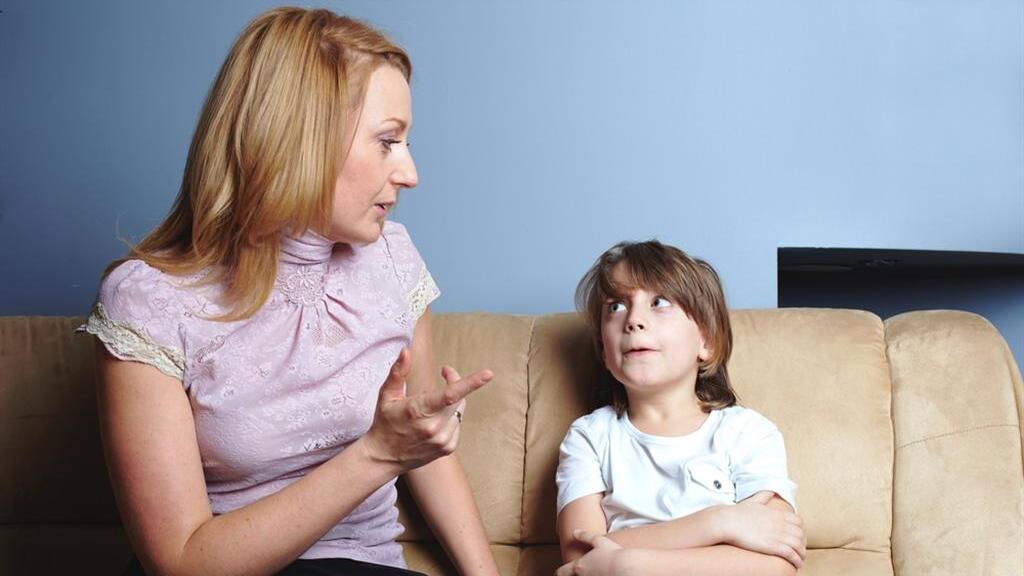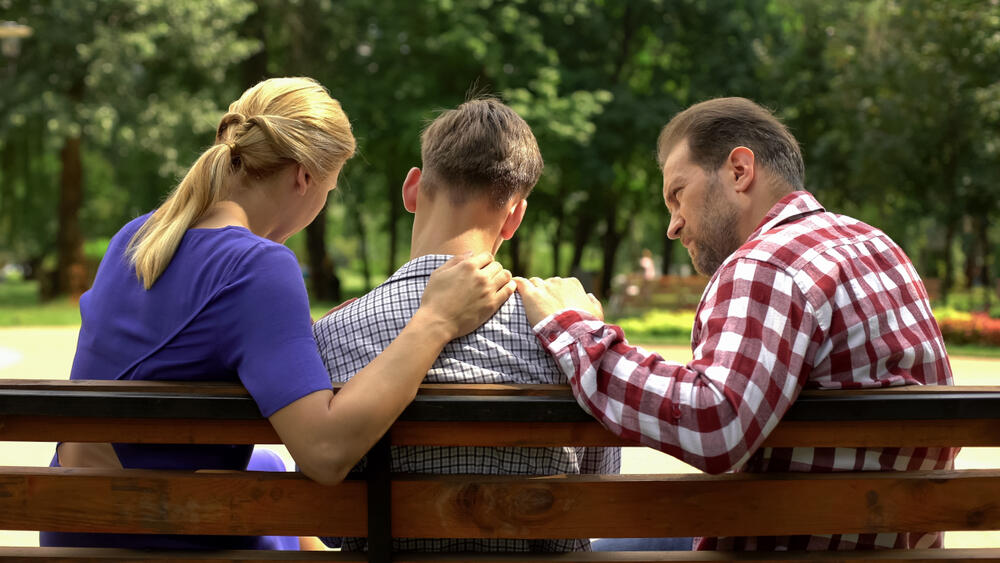Getting your Trinity Audio player ready...
The last survivors of the Holocaust still live among us today, yet we ourselves struggle to comprehend the events of October 7 ahead of Holocaust Remembrance Day that Israel will mark beginning on Sunday night; so how can we convey what happened 80 years ago to children? Here are some points to consider:
Measured exposure: For young children or children who have been exposed to recent events in any way, it’s advisable to minimize exposure to the topic of the Holocaust to the least amount possible this year. They have their whole lives to learn about the subject. This year, with the level of anxiety already being high, it is possible to reduce the intensity of discussing the Holocaust.
Preparation in advance: Prepare the children for the fact that they will hear a siren at 10 a.m. (a long one, not like a rocket siren). Explain that there’s no need to panic and there’s no need to run to the safe room. Tell them that it is a siren in memory of the people who died in World War II, and all of Israel stands silent for two minutes. I’ll stand in my office, and you’ll stand in the kindergarten/classroom.
Keep updated and inform others: Check with the kindergarten/teacher about what content will be conveyed to the children on the subject of the Holocaust, if at all, to understand if the content is suitable for your children and prepare them for it - so they don't hear about the Holocaust for the first time in an educational setting.
Focus on the individual: Six million is an immense and incomprehensible number. You can talk about the Holocaust through individual stories, especially stories with a happy ending about children.
Pre-reading: Before reading a book to the child, it’s important that we read it ourselves to understand if it’s suitable for our child and so that we can answer their questions. One of the books read in lower grades is "Chika, the Dog in the Ghett"o by Bat-Sheva Dagan, which tells the story of a child who had to part with his beloved dog.
Questions and answers: Before we feed the children information, we should ask them what they know about the Holocaust and what they’d like to know. When children come to us with questions on the subject, we should answer to the best of our ability (you can also answer "I don't know," or "I need to check" - and come back with an answer) according to their age and level of sensitivity.
Talking about feelings: The older children get, the more they understand and become aware. They’re exposed to the depths of the horrors that took place then and those that are happening today, and may experience difficult feelings of stress and anxiety. They don't always talk, sometimes they shut themselves down. It's important to initiate a conversation on the subject, with an emphasis on emotions: Did you talk about Holocaust Remembrance Day at school? Did you watch movies? How do you feel? And also express our own feelings as a personal example.
Don't force sadness: We’re sad enough this year. Children may not be particularly sad on this day. Don’t demand to lower a flag at home to half-mast even if their grandparents were in the Holocaust. Everyone copes differently. Emphasize that it’s important to respect the day: to stand when the siren sounds, not to play joyful music loudly, but apart from that they can continue with their regular activities.
Zikaron BaSalon: Teenagers who are interested and ready can take part in Zikaron BaSalon meetings in which they meet with Holocaust survivors in private homes in order to hear their testimonies. Don’t force them, they've been through enough this year.
Empower and be empowered: We wouldn’t have lived in Israel if we didn’t have hope things would be good for us here. Even if we ourselves are on the verge of despair and not sure when peace will come, it's a good thing that we have children who will help us overcome these difficult feelings in order to empower them: Yes, we have a state; Yes, we have a strong military that protects us. We may not always be able to prevent wars, but we know how to fight them, which wasn’t the case in World War II. And yes, together we will overcome all, we’ll gain strength and be victorious.
Roni Langerman-Ziv is a parenting counselor and educational lecturer from the Adler Institute of Israel.





